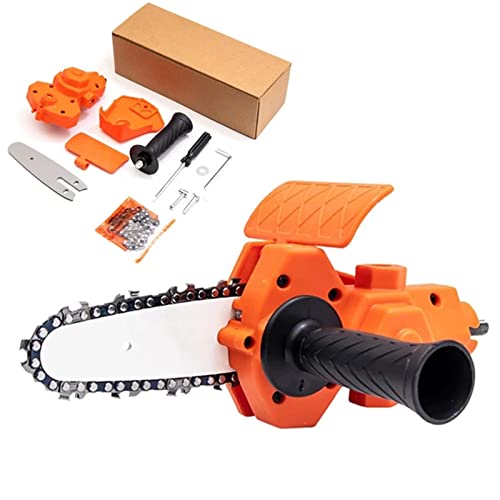I've been writing recently about<b> Snap to Grid</b>, which I said was very much the "intuitive" reaction to what we bump into inside the daily conduct of our lives. There, I was speaking of learning something new and the resistances to new thinking.
Here, <b>Snap to Grid</b> involves internalizing safe practices to keep accidents and injuries at the furthest distance.
TreeCo says, <i>Going with your gut feelings is about the best you can do. </i> I think that's a recognition of Snap to Grid, but stated somewhat differently.
Necessary to every use of STG, is having references as grid points, by which we judge things and we assemble those points by experience and learning. I don't have to exactly <u>do</u> something to internalize it; I can also learn it through reading or discussion, and those examples are just as useful in assembling my personal grids.
We practice, read, and train in matters of safety, so that circumstances and issues are at least somewhat familiar to us and we can then make better informed choices about our actions. In having this forum heading, the idea was to share facts and information so that each reader might make those same decisions with a broader vision of possibilities and behavior.
The older piece I submitted included an arborist cutting a cable while he was up in a tree. I, using my own grid, could not see myself cutting any cable until I understood its purpose and what dynamic I'd introduce in cutting it.
Perhaps the arborist had gone through the same process, and then was distracted, or had forgotten the consequences. In any case, he's dead and we have a chance to learn from his mistakes. I say that consiously because "mistakes" can be facts, and we can learn from facts.
In a way, his death can have no further meaning than what we can learn from it; his family's feelings notwithstanding. We certainly shouldn't be cruel or thoughtless, and those whose spoke about the accident they way they did, deserve to be criticized, but any discussions are important, seriously important.
None of us can escape death--but we can delay it and we can keep ourselves more safe by thinking--and extending our thinking into future moments.
When my family was young, one of my preoccupations was who would take care of them if something happened to me. I kept big-time insurance and spent a lot of time on issues of personal safety. Later, when I ran crews, I could not escape the responsibility for being equally in charge of my men and their families' futures.
If this is to be a healthy productive forum, perhaps it needs a protocol of headings, locations and time as JPS suggests. It also needs some restraint and an absence of the macho moments as Walsh points out.
What was the subtlety of the crew running away in the chipper incident? Was the piece edited? Were panic and terror a part of that accident? How would we be different?
We won't be unless we have a grid. A chance to understand and review these possibilities ahead of time, internalize them and then use that grid as our gut reaction when the moment calls.
The most tragic story for me in a long time was a father who was cleaning up a windthrown tree in front of their house. The tree had pulled up a hemisphere of soil, and his daughter was playing near that hole unknown to him, when he made a cut and the tree heaved back. She was killed and I'm sure I can never known the depths of his remorse. But I can remember that tragedy in the same circumstances, and perhaps that knowledge means not repeating the same mistakes.
Was it his fault? He had the saw.
Should she have been there? Maybe not, but she was.
What would a court say? I'm not sure I'm interested in that if my first requirements are to never let the circumstances unfold. It ought to never have arrived in a court.
But, if I hadn't known the story, I could be that same father, coming around the base of a tree to discover something had been ripped out of my life.
So, I write to people with saws; and this forum exists to speak to people with saws, and up in trees, and down below, and pushing debris into chippers.
This forum is the cheapest, fastest method available to keep someone more safe, and to keep their employess more safe
Ignorance and stupidity have different definitions, but they lie at the root of most accidents--oh wait, I forgot arrogance like Alabam--and all, as we have seen, are inside our control.
But all is useless here if we don't read and we don't understand the opportunity. That I can't solve by writing--or at least, I haven't yet learned how to do it.
Bob Wulkowicz
























































